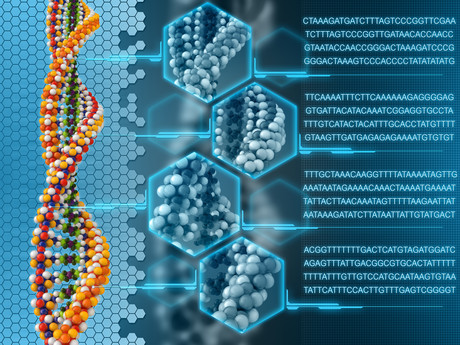Altering evolution with gene drive technology — what are the risks?

With new gene-editing technology that overrides natural selection set to come into use in the next 3–5 years, the Australian Academy of Science claims it is time for Australia to have a national discussion about the implications of this technology.
‘Gene drive’ technology allows scientists to manipulate the DNA of small plants or animals with rapid cycles of sexual reproduction, in a way that forces or ‘drives’ inheritance of particular genetic traits and characteristics to successive generations. As noted by Academy Fellow Professor Ary Hoffman, it has the potential to control disease, increase agricultural productivity and improve quality of life by wiping out malaria-carrying mosquitoes, cane toads, other pests and plant diseases.
“However, as with any new technology, there are also uncertainties and risks,” said Professor Hoffman. “Before gene drives are used in Australia, and before they start being used at scale elsewhere in the world, it’s going to be critical to consider the applications that are of most benefit, and the risks associated with those applications.”
Academy President Professor Andrew Holmes noted that once gene drives are released in other countries, they will inevitably reach Australia, so it is important for Australian governments and communities to have the discussions now.
“Australia’s unique environment raises a number of issues specific to our country,” said Professor Holmes. “For example, if a gene drive released in New Zealand to control feral possums were to reach Australia, it could have devastating consequences for our native species. Likewise, we’d need to be very careful about the potential for unintended environmental and agricultural consequences of altered crop characteristics, or ecological niches that might be filled by new pests or diseases.
“The Academy has produced this report to initiate a discussion of the ethical, regulatory and scientific issues that will need to be considered by the community and addressed by government and regulators, before this technology comes into use over the next 3–5 years.”
The report was developed by an expert working group chaired by Professor Hoffman and involved broad consultation with ethicists, scientists, state and federal biosecurity and agricultural authorities, as well as the Australian Gene Technology Regulator. It can be viewed on the Academy website.
Babies of stressed mothers likely to get their teeth earlier
Maternal stress during pregnancy can speed up the timing of teeth eruption, which may be an early...
Customised immune cells used to fight brain cancer
Researchers have developed CAR-T cells — ie, genetically modified immune cells manufactured...
Elevated blood protein levels predict mortality
Proteins that play key roles in the development of diseases such as cancer and inflammation may...





